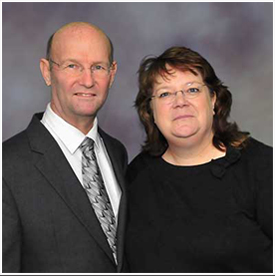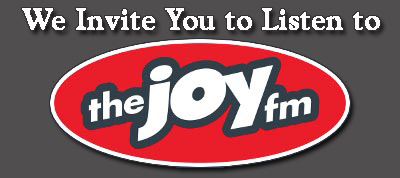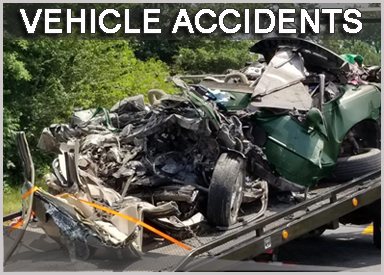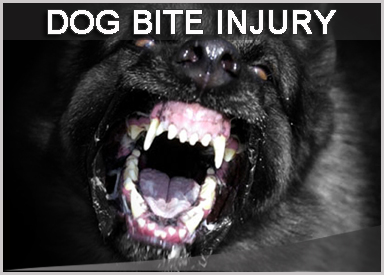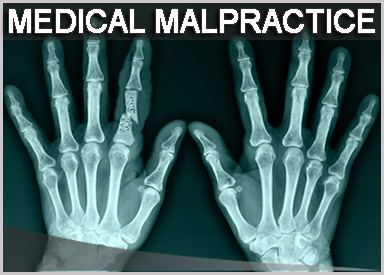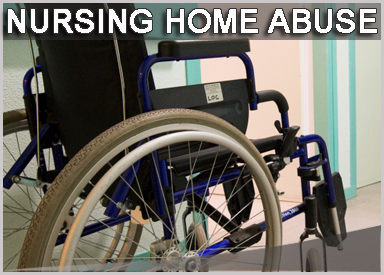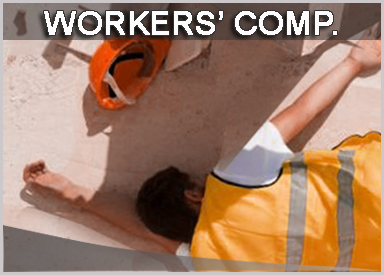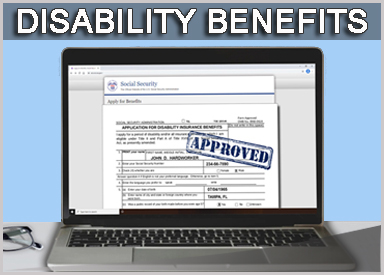Your Auto Accident Injury Lawyers
Your Christian Law Firm, Dean Burnetti Law represents Auto Accident Injury Victims in Polk County, including: Lakeland, Auburndale, Bartow, Haines City, Lake Wales, Mulberry, Polk City, and Winter Haven; in Hillsborough County, including: Brandon, Tampa, and Plant City; in Pinellas County, including Clearwater, St. Pete, Gulfport, Treasure Island, Largo, Oldsmar; and all of the surrounding Greater Central Florida and West Central Florida Areas.
Isaiah 41:10 - “So do not fear, for I am with you; do not be dismayed, for I am your God. I will strengthen you and help you; I will uphold you with my righteous right hand.”

Each year, Florida sees nearly 400,000 traffic crashes! That averages over 1,000 auto accidents every day in Florida alone. In these crashes, approximately 250,000 people experience injuries and more than 3,000 die! Given our population, this means that statistically, in any given year, nearly one-third of Florida's licensed drivers are involved in a traffic accident.
Research by Fox Business Network and Forbes magazine estimates that drivers will average 3 to 4 traffic accidents during their lifetime. Furthermore, the auto insurance industry approximates that every licensed driver will make a collision claim every 17.9 years during their lifespan.
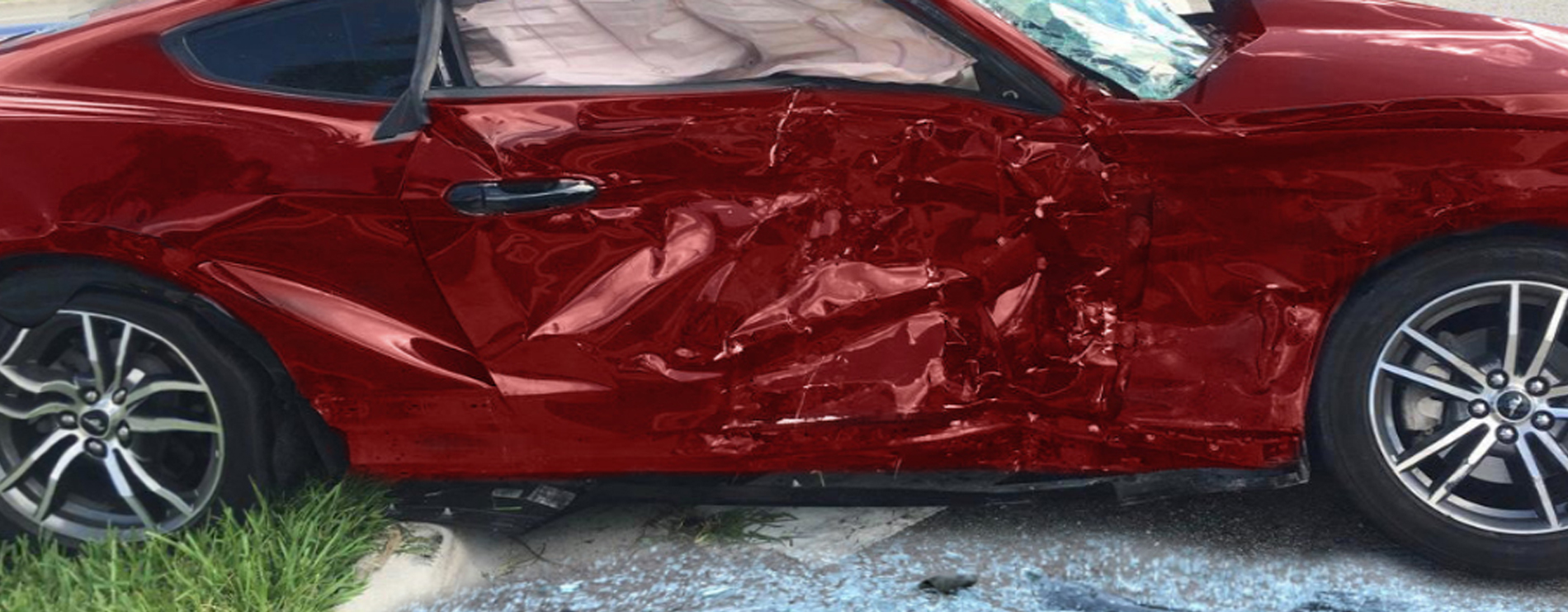
William Shakespeare once wrote, “A rose by any other name would smell as sweet.” In today’s terms, a motor vehicle accident by any other name would be just as horrific. Some of the many names for motor vehicle accidents include:
- Auto Accidents
- Car Accidents
- Car Crashes
- Truck Accidents
- Traffic Accidents
- School Bus Accidents
- City Bus Accidents
- Auto Rickshaw Accidents
- Semi-Truck Accidents
- Tractor-Trailer Accidents
- Single Vehicle Accidents
- Multiple Vehicle Accidents
- Motor Home Accidents
- RV Accidents
- Travel Trailer Accidents
- Boat Trailer Accidents
- Motorcycle Accidents
- Lawn Equipment Trailer Accidents
- Horse Trailer Accidents
When any of the above accidents occur in Florida, the laws applied are basically the same. It doesn't matter whether there was one vehicle or several involved. It also doesn't matter what types of vehicles were being driven (though it does change somewhat, depending on whether the vehicle owner is a government entity). Whether the drivers or passengers were injured in any of these types of accidents, the same laws apply.
PAY-TO-RIDE ACCIDENTS
If you're injured in an accident in a “pay-to-ride vehicle”, whether you’re a passenger or if you’re the driver and the accident wasn’t your fault, the same laws apply. If you were on the clock, it's possible that you have a workers’ compensation claim against your employer in addition to the civil claim against the at-fault driver. Pay-to-ride vehicles include:
- Taxi Accidents
- Cab Accidents
- Uber Accidents
- Lyft Accidents
- Limousine Accidents
RIDE-SHARE ACCIDENTS
If you are injured in an accident in a RideShare or carpool vehicle, if you’re a passenger, the same laws apply whether a stranger or a friend operated the vehicle. If you were the driver in one of these vehicles and the accident was not your fault, the same laws also apply. RideShare vehicles include:
- RideShare Accidents
- Carpool Accidents
ROLLOVER ACCIDENTS
Rollovers are a specific type of motor vehicle accident where defective vehicle designs often share the blame. In these instances, the same laws and statutes apply to the initial cause of the accident (i.e., another vehicle). However, in addition to a claim against the person who caused the accident, there would be an additional defective product claim against the manufacturer of the vehicle. Rollover accidents include:
- Vehicle Roof Cave-Ins
- SUV Rollovers
TRUCKING ACCIDENTS
Even driving near or passing a semi-truck can be scary. But a collision with a big rig can be terrifying, if not deadly. Regardless, the same laws as other motor vehicle accidents apply. However, in addition to a claim against the truck driver, you may also file a claim against the business that employed the truck driver. If a third entity owns the truck and/or trailer, they might also be a named Defendant. If you drove the semi-truck and the accident was not your fault, you might have a workers’ compensation claim against your employer in addition to a civil claim against the negligent driver. Trucking accidents include:
- Semi-Truck Accidents
- Tractor-Trailer Truck Accidents
- Trailer Sway Accidents
PRIVATE BUS ACCIDENTS
Accidents with a private bus or when you are a passenger in a private bus are subject to the same governing laws and statutes as other vehicle accidents. If you were the bus driver in a collision and the accident was not your fault, you might have a workers’ compensation claim against your employer in addition to a civil claim against the negligent driver. Bus accidents include:
- Charter Bus Accidents
- Entertainment Bus Accidents
- Shuttle Bus Accidents
- Private School Bus Accidents
PUBLIC BUS ACCIDENTS
Accidents with a public bus or when you are a passenger in a city, county, or state-owned bus are subject to the same governing laws and statutes as other vehicle accidents. However, if the bus driver was at fault, the settlement amount is capped by the dollar amount the law allows (currently $200,000 for Florida governmental vehicles, i.e., city, county, or state). This cap does not apply to another vehicle's negligent driver unless that vehicle is also a city or state-owned vehicle. If you were the bus driver in a collision and the accident was not your fault, you might have a workers’ compensation claim against your employer in addition to a civil claim against the negligent driver. Public bus accidents include:
- City Bus Accidents
- Public County School Bus Accidents
- State Prison Bus Accidents
RAIL CAR ACCIDENTS
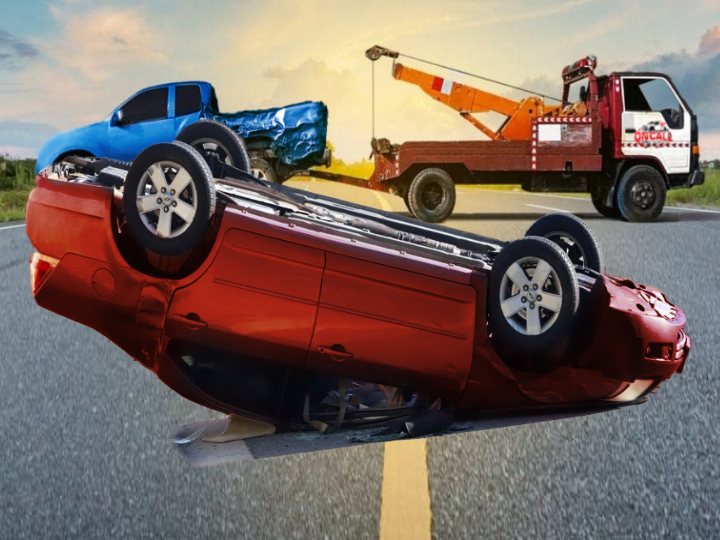 As with any other type of motor vehicle named above, if you were in a motor vehicle that was hit by a train or trolley, the same statutes and laws would apply. However, the exception is that you would file a claim against the train engineer and the railroad company. Plus, you might file a claim against the county or another entity if they were responsible for damaged tracks or a defective gate that caused your accident. If you were a train passenger injured in an accident, similar statutes and laws would also apply. But in this circumstance, it could be challenging to get your PIP insurance to pay for your medical care. Rail car accidents include:
As with any other type of motor vehicle named above, if you were in a motor vehicle that was hit by a train or trolley, the same statutes and laws would apply. However, the exception is that you would file a claim against the train engineer and the railroad company. Plus, you might file a claim against the county or another entity if they were responsible for damaged tracks or a defective gate that caused your accident. If you were a train passenger injured in an accident, similar statutes and laws would also apply. But in this circumstance, it could be challenging to get your PIP insurance to pay for your medical care. Rail car accidents include:
- Train Accidents
- Cargo Train Accidents
- Passenger Train Accidents
- Railroad Car Accidents
- Trolley Accidents
DUI ACCIDENTS
As with any other type of motor vehicle named above, an accident with a drunk or drugged driver falls under the same governing civil laws and statutes. If the accident was due to a drunk driver who became inebriated under Florida’s (difficult) Dram Shop laws, it may be possible that the establishment who served the drunk driver may also have a portion of civil liability. (Criminal laws may also apply, but the State is responsible for bringing criminal charges against and prosecuting the offender.) DUI accidents include:
- Drunk Driving Accidents
- Dram Shop Accidents
- Drugged Driving Accidents
PEDESTRIAN ACCIDENTS
If you were riding a bicycle, a skateboard, a hoverboard, a motorized mobility scooter, or a Segway, or if you were a pedestrian or were riding in a wheelchair and you were hit by a motor vehicle through no fault of your own, the same laws as a standard auto accident would apply. Pedestrian accidents with a motor vehicle include:
- Pedestrian Accidents
- Bicycle Accidents
- Wheelchair Accidents
- Motorized Mobility Scooter Accidents
- Segway Accidents
- Skateboard Accidents
- Hoverboard Accidents
MOTOR BIKE ACCIDENTS
If you were riding a moped, a motor bike, or a motorcycle, and were involved in an accident, most of the same laws as a standard auto accident would apply. However, the main difference is that PIP (Personal Injury Protection) insurance coverage is generally not available to the owners of motorcycles or other motorized bikes. Motor bike accidents include:
- Moped Accidents
- Motor Bike Accidents
- Motorcycle Accidents
 The first thing to do when you’re involved in an accident is to assess yourself. Failure to do so could exacerbate your injuries. Next, call 9-1-1 immediately, even if the accident was a minor fender bender. Next, turn your car off and your hazard lights on.
The first thing to do when you’re involved in an accident is to assess yourself. Failure to do so could exacerbate your injuries. Next, call 9-1-1 immediately, even if the accident was a minor fender bender. Next, turn your car off and your hazard lights on.
Ideally, you don’t want to move any vehicles until the police arrive. However, if the place where your car landed is unsafe, ask the 9-1-1 operator. Also, if you have flares or other safety implements, set them up.
If you’re not too injured to move, check on your vehicle’s passengers then on the people in any other cars involved. Don’t try to move anyone who suffered more than a minor injury. Doing so could cause more harm than good. (The exception is if they would be worse off remaining in their vehicle, such as if the vehicle was under water or on fire.)
Be cooperative with the police, but avoid admitting fault or blaming others. Instead, state the facts as you remember them, then allow the investigators to assess the scene and evidence.
If you notice anything in the road that could've contributed to the accident or something that may have obstructed a driver’s view, photograph these items from each drivers’ viewpoint… You can’t be certain it will still be there if you wait until later to get a picture.
Finally, report your accident to your insurance company as soon as you’re able. No matter how insignificant the accident seemed or who was at fault, this step cannot be ignored. Your insurance company will instruct you on how to get your vehicle repaired; plus, they’ll provide legal defense you if you were at fault.
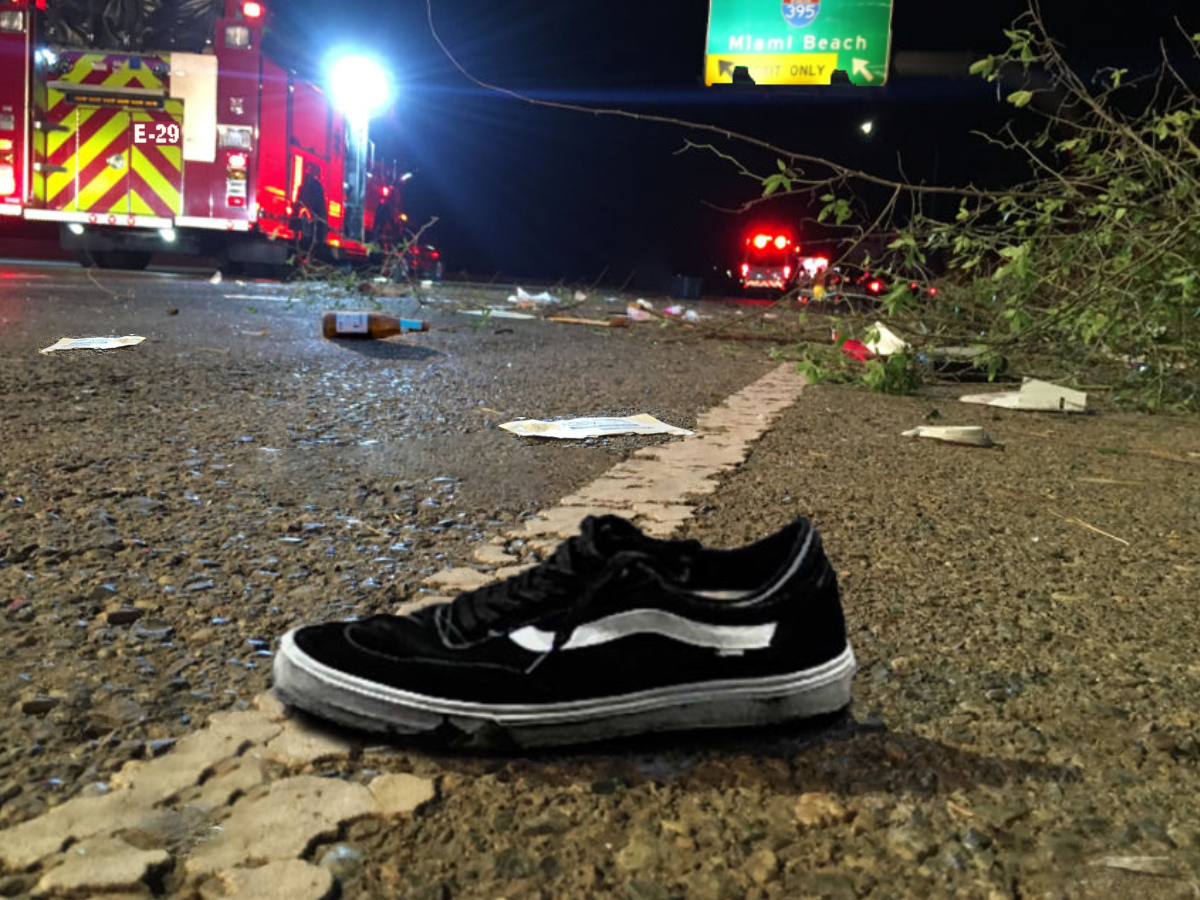
PHYSICAL REACTIONS TO AUTO ACCIDENTS
People who have experienced a car accident know exactly how traumatic a vehicular collision can be. When a moving vehicle hits another object, a significant amount of force is involved. Oftentimes, people walk away from an auto accident without realizing their own injuries. Moreover, people frequently wake up in intense pain 2 or 3 days after their accident when they didn’t notice any pain before. This delayed response is caused by a chemical reaction within our bodies.
In life-threatening situations, our bodies instinctively react with a physiological defense known as “fight-or-flight response”. This response dates back to the Stone Age, when our ancient forefathers had to immediately decide whether combat a ferocious predator (“fight”) or to try to outrun it (“flight”).
During “fight or flight,” adrenaline and endorphins flood into our bloodstream. These chemicals super-charge our muscles and block pain. Frequently, athletes play through the end of the game despite hurting themselves earlier in the game. Likewise, car accident victims often don’t notice notice any pain until hours or days later. Surging endorphins and adrenaline produce increased energy and even numbness to pain.
Neurotransmitters transmit signals throughout our nervous system then endorphins elicit an emotional response and block pain. With dilated blood vessels and air passages, the body rapidly passes more blood to the muscles and more oxygen to the lungs. Consequently, this results in enhanced physical performance for short bursts of time.
Likewise, adrenaline is secreted throughout our bodies when we undergo a traumatic experience. This often causes incredibly intense feelings and powerful emotions. Its purpose is to supply our bodies with the strength we need to survive by escaping an attack or some other danger.
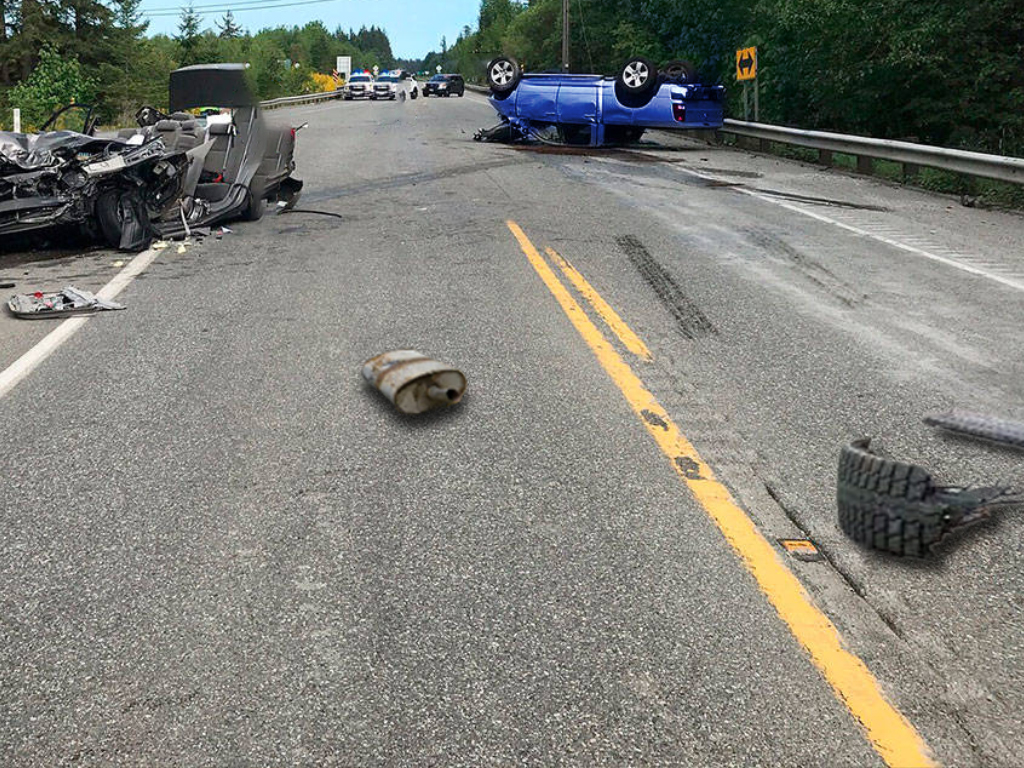
When a sudden rush of adrenaline surges through your body, several physical side-effects occur:
- A sudden boost of energy makes you feel faster and stronger
- Your blood vessels dilate as your heart pumps more blood throughout your body
- You'll experience increased breathing as your lungs take in more oxygen
- Your vision becomes tunneled to the front, often causing threats from the sides to disappear from your field of vision
- Your hearing can also become tunneled
- Feelings of pain diminish
- Other senses heighten
As the adrenaline surge begins to ebb, your body experiences different sensations, including:
- Your hands can shake, and you can feel moderately weak as a result of falling blood sugar
- An unexpected release of strong emotion suppressed during the adrenaline surge often erupts in the form of crying
- As blood pressure and pulse decrease, a sudden fainting episode may result
In other words, just because you may think you feel fine immediately following an accident, it doesn’t necessarily mean that you are fine. Once the release of adrenaline and endorphins subsides, pain from potential injuries starts to set in.
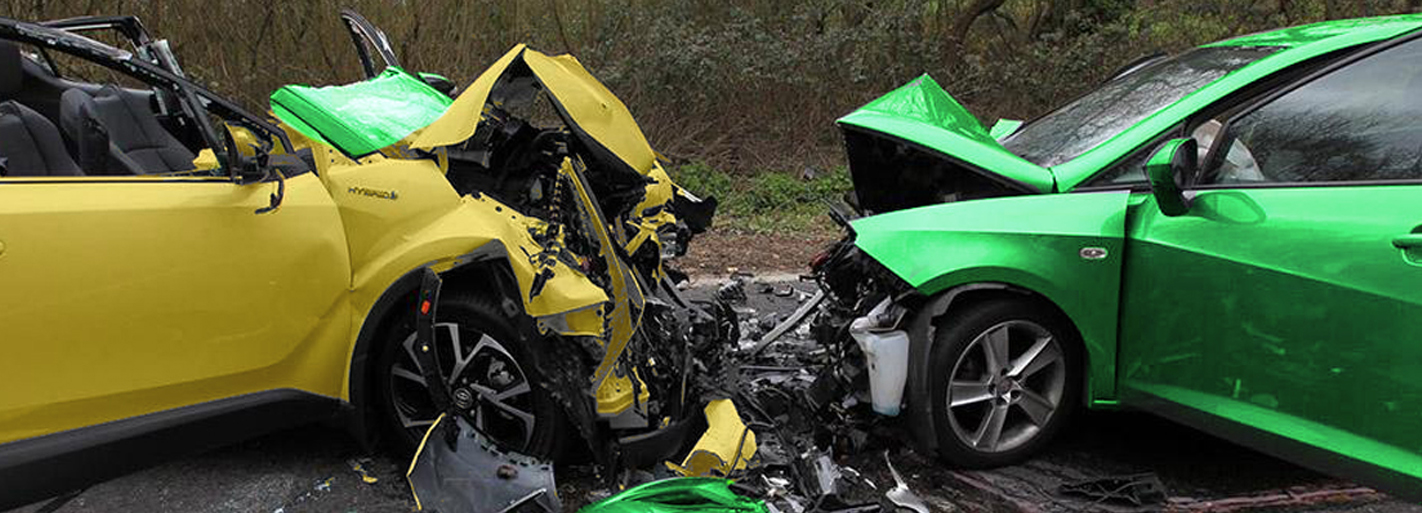
COMMON AUTO ACCIDENT INJURIES
Severe auto accidents can produce cuts, bruises, broken or fractured bones, severed limbs, and internal organ injuries. However, the most common car crash injuries are “soft tissue injuries.” Soft tissue refers to parts of the body other than bone, such as muscles, tendons, and ligaments.
The most common soft-tissue injury is “whiplash” which affects the neck muscles. Whiplash occurs when a person's head is suddenly and forcefully whipped forward then back. Soft tissue injuries characteristically result in pain, swelling, and reduced mobility. Symptoms can take days or longer to manifest.
Another type of injury common to car accidents is the concussion. Normally, the skull and the fluid inside of it protect the brain. However, if you strike your head, or even if your body is violently jolted and you don't actually hit your head, your brain can strike the inside of your skull with excessive force. Worse yet, the brain can bounce around or twist in the skull. This can stretch and damage brain cells, resulting in a traumatic brain injury known as a concussion.
Concussions can be very serious, and oftentimes, symptoms don’t show up immediately. Sometimes symptoms are obvious (such as disorientation or loss of consciousness), but many times, symptoms are subtler, such as:
- Clouded Thinking
- Inability to Concentrate
- Difficulty Remembering New Information
- Headache
- Blurred Vision
- Nausea
- Dizziness
- Lack of Energy
- Abnormal Sleep Patterns
This is why you should always seek medical attention immediately after a car accident, even if you don’t feel pain or discomfort right away. Your doctor will check for significant injuries and can monitor signs of potential injuries.
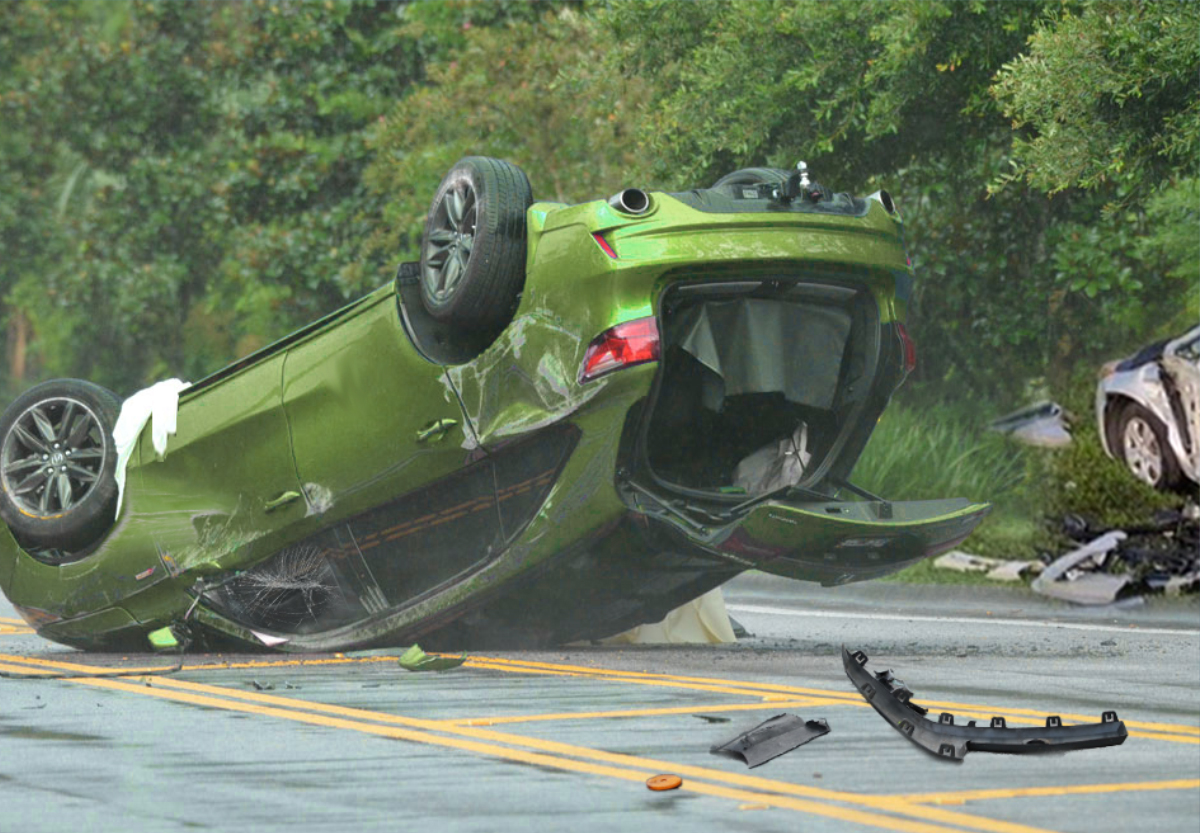
A NOTE ABOUT INSURANCE
Seeking medical attention following your accident protects your health, but it’s also a good idea because of Florida’s PIP statute. Florida law requires PIP (Personal Injury Protection) auto insurance coverage to register a vehicle. This provides medical coverage to the person who purchases the coverage, regardless of who caused the accident. However, this insurance is only fully available when the injured person seeks medical attention within 14 days following their accident. If they wait longer than 14 days, their PIP benefits will be reduced to a fraction of the coverage with no chance of reversing this action. Furthermore, if you put off visiting a doctor, the insurance company will argue that you probably aren’t injured very badly.
Additionally, do not give a recorded statement to anyone else’s insurance company. However, you will have to give a recorded statement to your own insurance company. (It’s written in the contract that you signed with them.) If you were injured, tell them where you were hurt and what doctor you’ve seen. But if you think you “feel okay,” just remember that you may still be shaken from the incident and don’t really know how you feel yet. Too often, people don’t feel like they were very injured in the hours following an accident. Yet, a day or two later when their nerves have calmed down, they wake up in moderate to excruciating pain. If this happens to you, you should first seek medical help, then seek legal help.
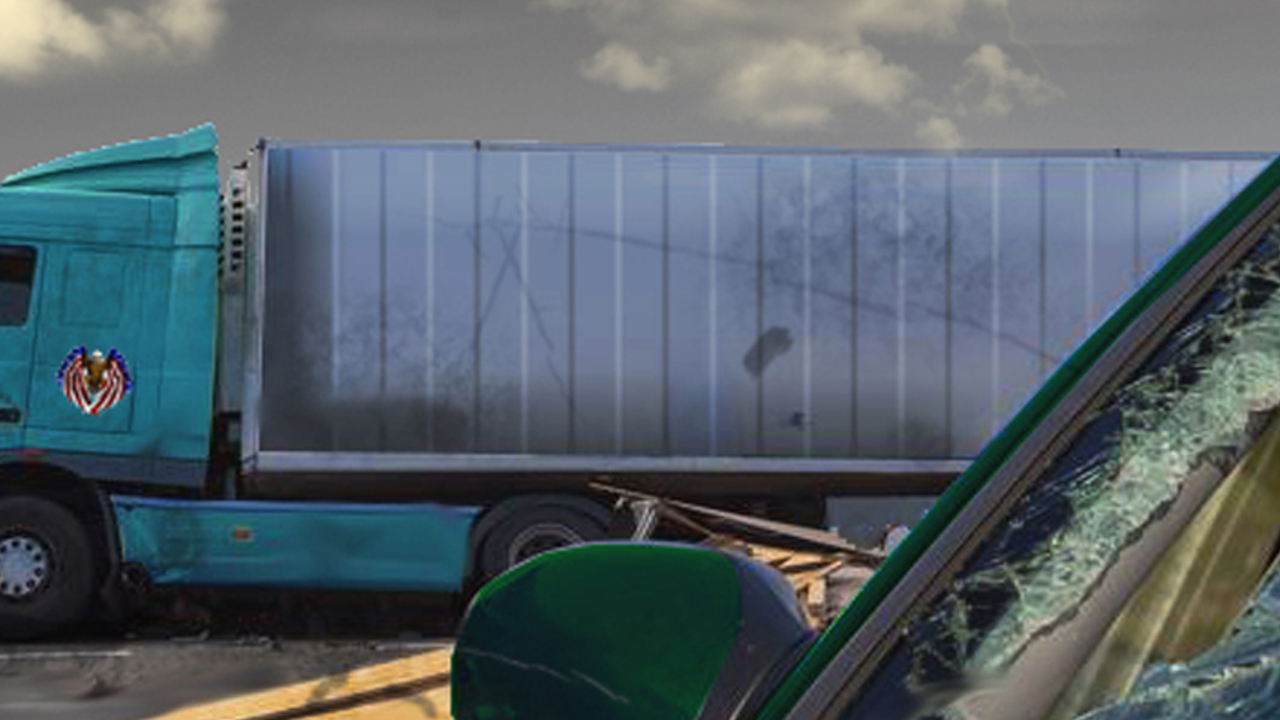
Jeremiah 1:5 - “Before I formed you in the womb, I knew you, before you were born, I set you apart; I appointed you as a prophet to the nations.”
Call (863) 287-6388 in Polk County or (813) 287-6388 in Hillsborough County and Pinellas County today to schedule a free confidential consultation with an attorney at Your Christian Law Firm, Dean Burnetti Law.
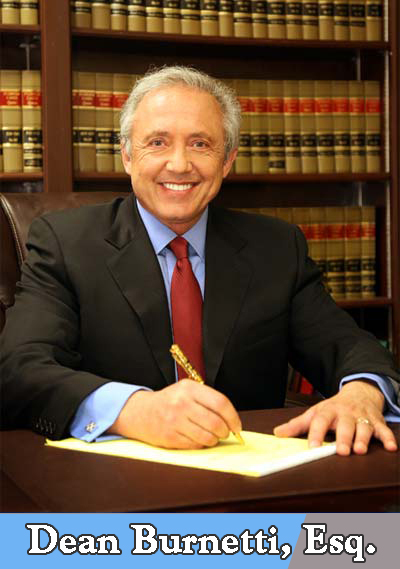
Our Statement of Faith
We declare that Jesus Christ is the Lord of all. That the Holy Spirit abides in the midst of all within our halls. That the power of prayer is our shield and sword.
We declare that Christ is the cornerstone of this firm.
LAKELAND OFFICE:
1937 East Edgewood Drive, Suite 102,
Lakeland, Florida 33803
Lakeland: (863) 287-6388
BRANDON OFFICE:
413 Lithia Pinecrest Road,
Brandon, FL 33511
Brandon: (813) 287-6388
ST. PETE OFFICE:
11300 4th Street N., Ste. 140,
St. Petersburg, FL 33716
St. Pete: (813) 287-6388
ST. PETE OFFICE:
11300 4th Street N., Ste. 140,
St. Petersburg, FL 33716
St. Pete: (813) 287-6388


